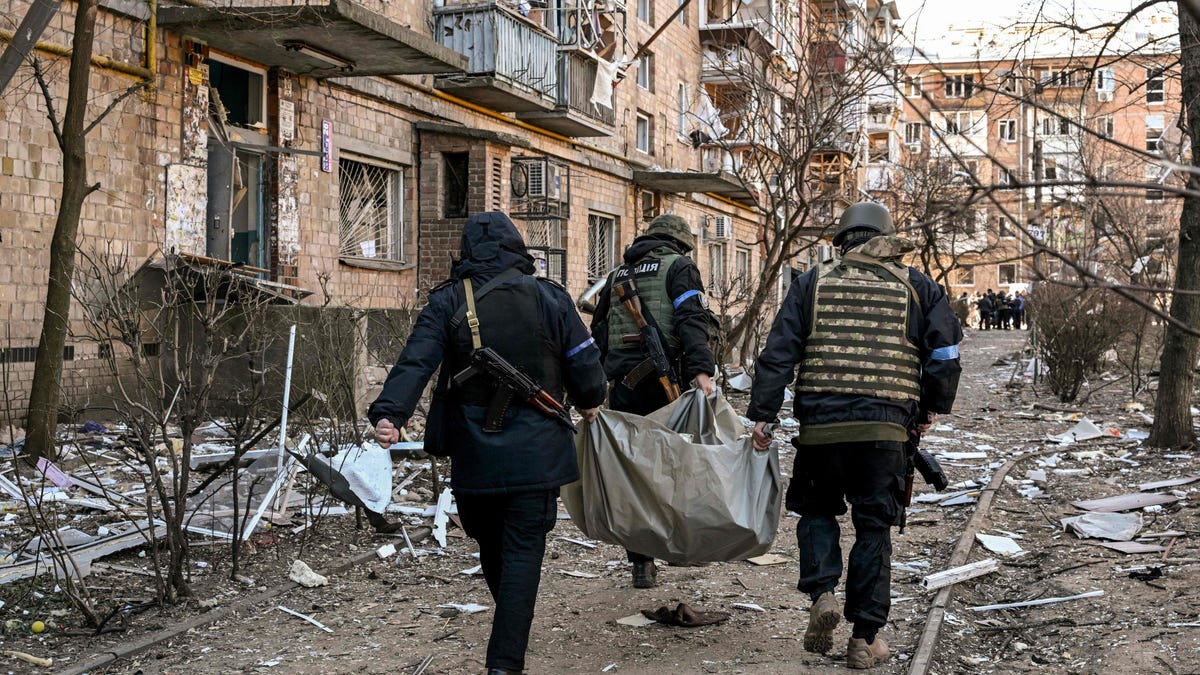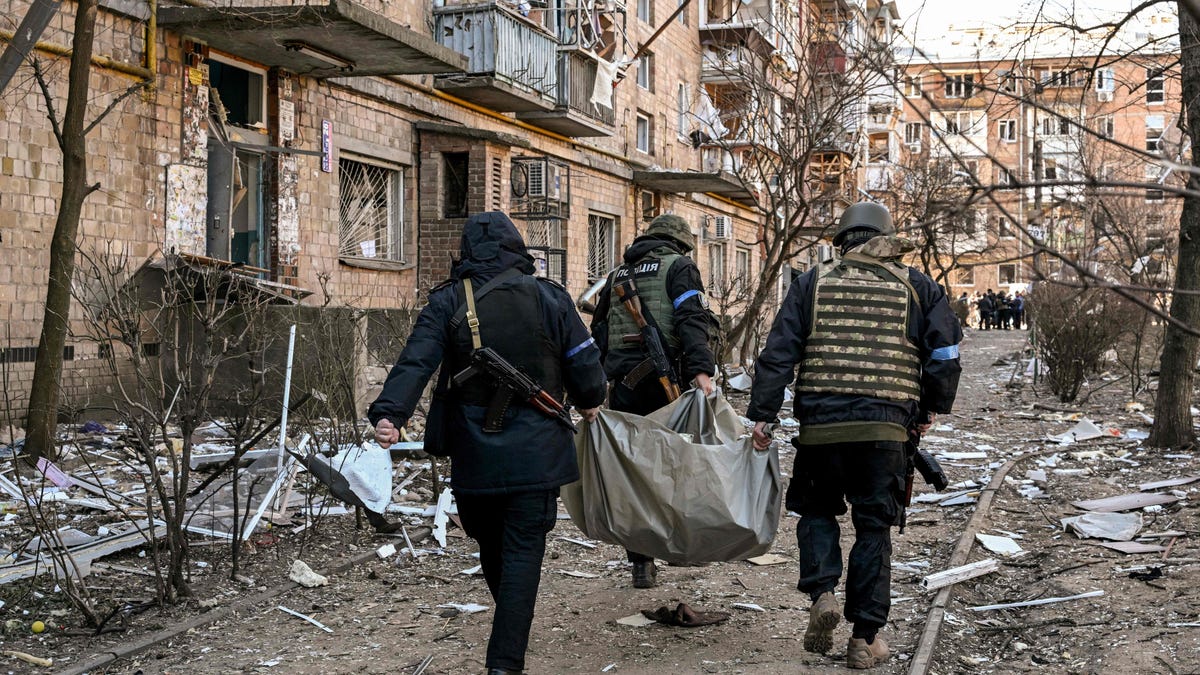
In a statement sent to Gizmodo, Clearview CEO Hoan Ton-That said he believed facial recognition could reduce uncertainty in times of war.
“War zones can be dangerous when there is no way to tell apart enemy combatants from civilians,” Ton-That said. “Facial recognition technology can help reduce uncertainty and increase safety in these situations.” The CEO went on to say they are ensuring each person with access to its tool “is trained on how to use it safely and responsibly,” but did not elaborate on what that training would entail.
Advertisement
The U.S. facial recognition firm reportedly began offering its technology to Ukraine, free of charge, earlier this month. At the time, Clearview executives suggested its technology could be used to screen travelers passing through security checkpoints and potentially even help reunite refugee families.
“What’s really fascinating is that it [facial recognition] could be a really big deterrent for potential infiltrators if they know that facial recognition is out there,” Ton-That said in an interview with NewsNation.
Though the specifics of Ukraine’s deceased soldier identification operation still remains mostly shrouded in mystery, the practice has already drawn scrutiny from some privacy expert like Surveillance Technology Oversight Project Executive Director Albert Fox Cahn who fears the possibility of misidentification.
Advertisement
“When facial recognition inevitably misidentifies the dead, it will mean heartbreak for the living,” Fox Cahn said in a recent interview with Forbes. Advocacy groups like Privacy International, meanwhile, have accused Clearview of exploiting the war for its own benefit.
“Whatever the intention, people in Ukraine are currently at their most vulnerable—offering to deploy controversial technologies that exploit personal data seems irresponsible and on the verge of exploiting people’s distress and despair,” Privacy International said in a statement. “As Clearview’s data collection has been found in violation of many countries’ privacy laws, this feels like trying to bandage a wound with an infected plaster.”
Advertisement
Recent reports from the Washington Post and elsewhere suggest Clearview has ambitions to expand its business beyond law enforcement. Internally, the company claims its data collection system uploads 1.5 billion images per month and could house a total of 100 billion images in its database by the end of 2022.
